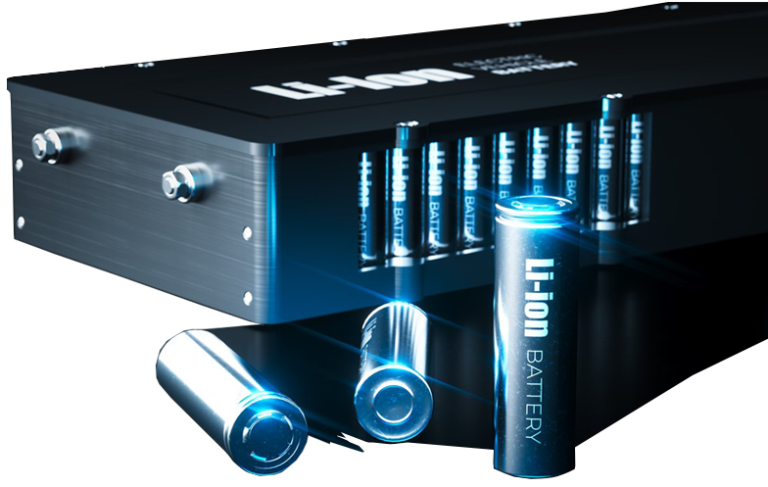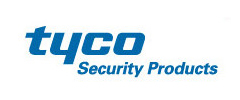Battery Expert Consulting Services
innovative solutions and comprehensive assessments

Leading consulting company of batteries and chargers
Semicom Lexis Battery experts possess in-depth knowledge of various battery chemistries, including lithium-ion, Lithium iron phosphate (LiFePO4), lead-acid, nickel-metal hydride , Etc.
We are dealing with all aspects of battery operation, such as charging, discharging, and cell balancing.
We always keep updated on emerging battery technologies and advancements in energy storage systems.
Our worldwide experts design efficient battery management systems (BMS) for different applications and accoridng customer necessities and requirements, considering factors affecting battery lifespan, such as temperature, cycling, and depth of discharge.
We are skilled in diagnosing battery-related issues and implementing effective troubleshooting strategies.
The logistic and certifications team contribute to the development of safety standards and regulations governing battery manufacturing and usage and monitoring the requirments for transportation and quality approvals and standards.
We collaborate with engineers, researchers, and manufacturers to optimize battery designs and performance and ensuring the reliability, safety, and sustainability of battery-powered devices and systems.
Semicom is your best and most reliable partner for batteries development and manufacturing.
CONTACT AN EXPERT!
This site is protected by reCAPTCHA and the Google Privacy Policy and Terms of Service apply.
FAQ
Lithium-ion batteries consist of anode, cathode, electrolyte, and separator.
The electrolyte facilitates the movement of lithium ions between the anode and cathode.
The separator prevents direct contact between the anode and cathode, while allowing the flow of ions.
Manufacturing involves electrode preparation, cell assembly, electrolyte filling, and cell sealing.
Factors include electrode materials, electrolyte composition, cell design, and manufacturing processes.
Challenges include ensuring consistent quality, scalability, and cost-effectiveness.
Safety measures include rigorous testing, use of flame-retardant materials, and implementing safety features in battery management systems.
Manufacturers are investing in recycling initiatives and exploring sustainable materials for battery production.
Research and development drive advancements in battery performance, safety, and sustainability.
Advancements enable the adoption of electric vehicles, renewable energy storage, and portable electronics.
Challenges include increasing energy density, reducing costs, and improving sustainability, while opportunities lie in new applications and markets. Semicom is both following and leading the market as top key player in the industry.
Questions and Answers about battery packs
A battery pack is a collection of individual batteries or cells connected together to provide a larger combined capacity and voltage output.
A battery pack usually consists of battery cells, a battery management system (BMS), interconnecting wiring, thermal management system (if necessary), and sometimes an outer casing for protection.
The BMS monitors and manages the individual cells within the battery pack to ensure safe operation ,balance the cells’ state of charge, prevent overcharging or over-discharging, and provide temperature and voltage protections.
Battery packs can be configured in series, parallel, or a combination of both. Series connections increase voltage, while parallel connections increase capacity. The configuration depends on the specific requirements of the application.
Battery packs are used in a wide range of applications, including electric vehicles (EVs), consumer electronics (e.g., smartphones, laptops), renewable energy storage systems, grid stabilization, medical devices, and aerospace technology.
Our Customers




















